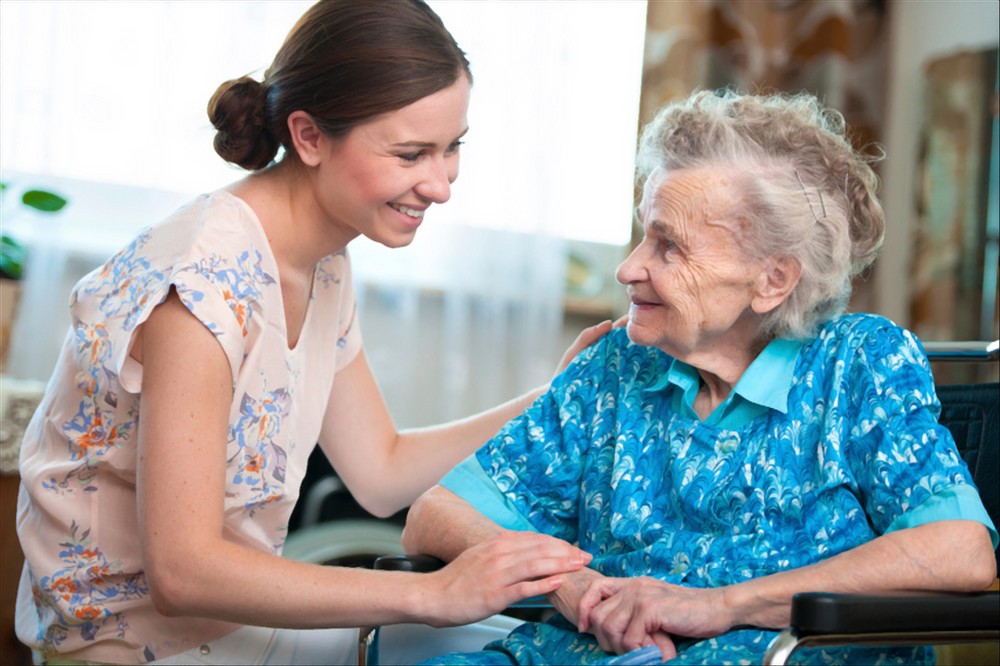Councils are lucky low paid carers aren’t unionised says senior councillor

Twm Owen, local democracy reporter
Councils are “lucky” low-paid care workers aren’t as unionised as NHS staff currently demanding better pay, a Labour councillor has said.
Cllr David Daniels, who is responsible for social care in Torfaen, said low-paid care workers have been at a disadvantage to NHS staff when it comes to pay negotiations due to unions having a greater presence in the public sector.
The Cwmbran councillor said: “There’s been a big push for increased wages in the NHS, and rightly so, but social care being mainly private it’s lucky it is not as unionised as the NHS. If it was we would be having massive calls to also increase their pay, and they really need it.”
Members of the Royal College of Nursing staged two strikes in Wales, and elsewhere across the UK, in December, and it has warned of potential further action while ambulance workers in the GMB union are also due to stage a second day of strike action this month.
Councils in Gwent have continually warned that social care, especially that provided to people in their own homes, is at risk of collapsing due to a failure by care providers to recruit and retain staff with pay rates below that of sectors such as retail.
Private firms are used to provide domiciliary care funded by county councils and the Welsh Government has committed that care workers will receive a £10.90 an hour minimum rate by June this year.
Care providers say their ability to pay carers is dependent on fees received from local authorities with firms running care homes also saying their ability to improve pay for staff is linked to fees paid by councils.
‘False economy’
Cllr Daniels has made regular calls for an overhaul of social care, which he has said will need to be driven by the Welsh Government. He has previously suggested services may need to be taken over by the public sector and the reliance on private care homes, which are required to make a profit, is also a risk to the ability to plan and provide residential care.
The councillor said the importance of care in the community has been highlighted by the pressures on hospitals due to the number of patients stuck on wards as there is no care in place for them meaning they cannot be discharged even though they are medically well enough to return home.
As a result of the current demand on hospitals, due to skyrocketing admissions, the Welsh Government has told NHS managers to focus on discharging patients who are medically safe to leave, even if there is no care plan in place, to free up beds.
But Cllr Daniels said though he is concerned that advice is a “false economy” he understood why it has been issued but said the key to fixing the demand on hospitals is supporting care in the community.
He said: “The system is absolutely at capacity and the only way to speed up (discharges from hospital) is to increase capacity and reduce demand in the first place. Neither of those are quick fixes.
“We can appeal to people to reduce demand by taking the right route, rather than going straight to A&E, and the Welsh Government really need to address social care. They can’t solve the crisis in the NHS without also resolving the crisis in social care.”
Support our Nation today
For the price of a cup of coffee a month you can help us create an independent, not-for-profit, national news service for the people of Wales, by the people of Wales.





